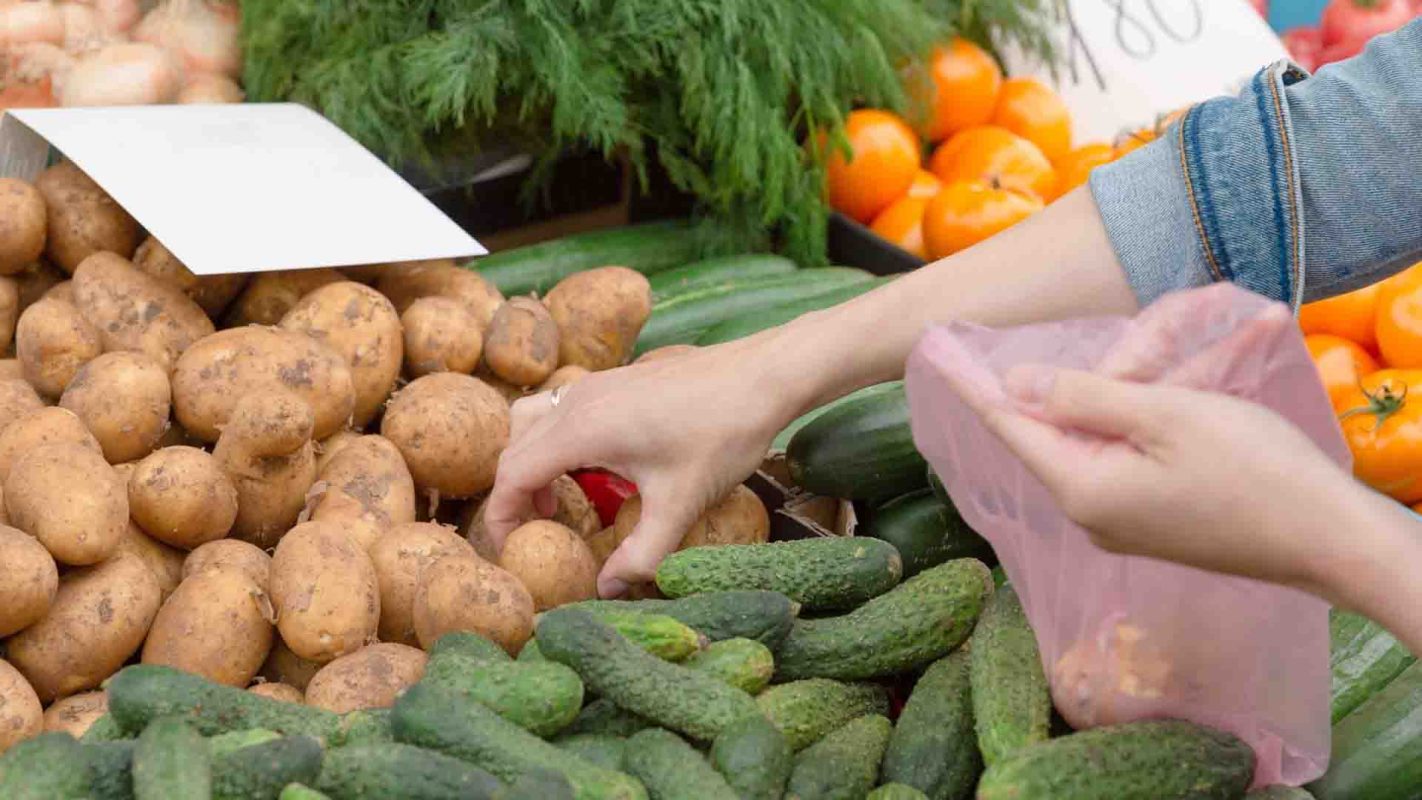Saving money on groceries while also reducing food waste? There's a name for that: salvage grocery stores.
What is a salvage grocery store?
You may recognize salvage grocery stores by other names like outlets or even dollar stores. They sell products for deep discounts. Most stores are food focused but they can include other household items, too.
Salvage grocery stores aren't the same as member-based platforms like Costco and Sam's Club, which also offer discounted pricing. Salvage stores don't typically require any membership fees in order to shop.
How do salvage grocery stores get their prices so low?
Salvage grocery stores can offer prices at deep discounts for a few reasons.
You will often find products that are near, or even just past, their expiration dates at salvage stores. Also, salvage groceries often stock products that show slight damage, such as dented boxes or cans.
Another way salvage grocery stores get their prices down is through surplus or overstocked products. This can include seasonal items that didn't sell in time, like Halloween candy or Christmas panettones.
Salvage stores may also buy large items on discount from store closeouts. The only thing wrong with those items? They didn't sell before the store shut down!
How much can you save shopping at salvage grocery stores?
Savings from shopping at salvage stores can range from store to store and from product to product, but some savings can be more than 50% compared with conventional supermarkets.
A Good Morning America investigation found that items from a New Jersey salvage store were 16.5% less expensive than traditional grocery store prices in the state, and savings at a California location were significantly higher — about 27% less than conventional.
Environmental benefits of shopping at salvage grocery stores
There's no question you'll save money at salvage stores. But you're also helping to reduce food waste, too.
Food waste is a leading contributor to the overheating of our planet with discarded food responsible for as much as 8% of the global gas pollution that causes Earth to heat up each year.
According to the EPA, more than one-third of all food goes uneaten, which is also a massive waste of the resources that went into producing this food, such as water and land.
Salvage store shopping tips
Because salvage stores buy products that are damaged, discontinued, and near or past expiration, there are a few things to keep in mind.
If you have specific product needs, you may not be able to find what you're looking for at a salvage store as inventory is based on availability.
Boxes or cans with slight dents are typically fine. For dented cans, though, be sure to check around the seams or for any leaking, and be sure to skip those items.
Some food products may be expired or past the sell-by date. In most cases, especially with shelf-stable food, these items are still safe to consume. But perishable items can become unsafe once expired, so also skip those, as well as expired baby food and formula.
Some salvage stores sell supplements and pharmaceuticals. Potency can wane over time, so it's best to skip these, too.
Last year, a TikToker drummed up some excitement about salvage markets after showing off their haul — including fresh produce, Gatorade, Chobani oat milk, and a chocolate Starbucks oat milk drink — which cost them just $25.
Want more? Follow The Cool Down on Instagram and join our Weekly Newsletter for cool stories and easy tips that save you money, time, and our planet.







